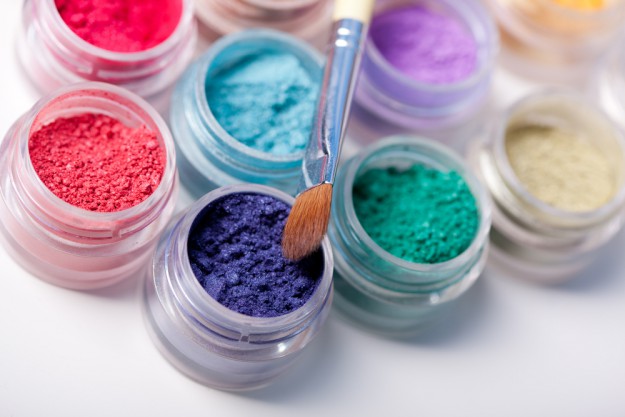Makeup Safety: What to look out for in the ingredients list?
mis à jour le 10 September 2015 à 09:47The recent controversy surrounding indie makeup label Lime Crime has makeup lovers wondering if what's on their faces are indeed safe to use. We fill you in on what you should look out for in your next cosmetic purchase.
If you're as much a makeup junkie as we are, you might have heard about how indie cosmetics label Lime Crime was recently under fire for questionable business tactics. These included the mishandling of a safety breach that involved the personal information of its customers, and a spat with the U.S. Food and Drug Administration (FDA) which sent a warning letter to the company regarding its unsafe lip product ingredients.
To avoid feeling conflicted about your next cosmetic purchase, we've rounded up a list of what to look out for in your lipsticks, eyeshadows, mascaras and foundations. These are definitely the eyebrow-raising additives you should avoid.
COLOURING AGENTS
Ferric ferrocyanide and ultramarines were the colouring agents in question in the FDA warning towards Lime Crime. While these agents are allowed in products such as hair dyes, which don't allow direct internal application, they aren't permitted in lip products as they could be ingested. Although they aren't that toxic in small amounts, they may cause irritation to some users.
FORMALDEHYDE
Commonly used as a water solution by the name of formalin, formaldehyde is included in some products for a longer shelf life and to curb bacteria growth. Formaldehyde in its pure form aids in the production of preservatives, paper products, and more commonly, for use in embalming practices. You may or may not find this listed in the ingredients list of your products, so to truly know if the product is harmful for you, discontinue use if you begin to feel irritation in whichever areas you've applied the product.
METALS
Metals aren't usually intended for use in makeup, but as most pigments are derived from the Earth's natural metals and minerals, they may end up becoming a contaminant in your products. To avoid getting metal poisoning, avoid eating with lipstick on, wearing a full face of makeup too often, and always remove your makeup before going to sleep.
FRAGRANCE
Fragrances are a controversial ingredient in makeup that has proven to have results that vary among users. While they keep your products scented and a delight to apply, consumers are skeptical since there are fragrance-free products offered in the market. Additional scents added to cosmetics are usually labelled as 'fragrance' on the products that have it, so if you're worried about allergic reactions or have ongoing skin conditions that cause it to be sensitive, go for organic, fragrance-free products and clarify any further doubts by calling the product manufacturer.
Nur Syazana H.




